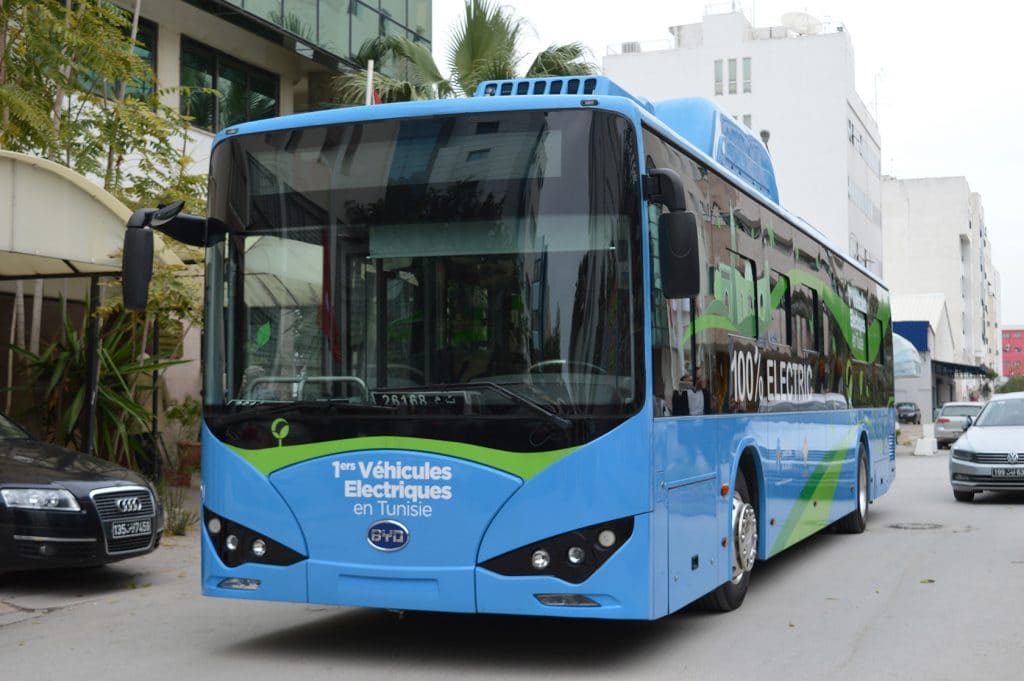Tunisia's transportation sector is set for a potential jolt as the country explores collaboration with Chinese electric vehicle (EV) giant BYD. The Minister of Industry, Mines and Energy, Fatma Chiboub Thabet, met with BYD's General Manager for the Middle East and Africa, AD Huang, on June 29th to discuss prospects for joint ventures in electric transportation.
The meeting highlighted Tunisia's ambitions to transition towards a more sustainable transportation landscape. Chiboub Thabet emphasized the environmental and economic benefits electrification could bring, including reducing the nation's carbon footprint and curbing dependence on fossil fuels. Tunisia's transportation sector is the country's biggest consumer of hydrocarbons, making it a prime target for emission-reduction efforts.
BYD, the world's second-largest supplier of rechargeable batteries, expressed a strong commitment to investing in Tunisia's EV sector. The company, which boasts a presence in over 40 countries and generates nearly 600, 000 jobs globally, is keen to contribute to Tunisia's clean energy push. Their representatives also highlighted BYD's expertise in developing smart renewable energy solutions, hinting at a potentially broader scope of collaboration.
Chiboub Thabet pointed to Tunisia's existing strengths in the automotive components industry as a potential springboard for the electric vehicle venture. She highlighted the presence of several global car component manufacturers in Tunisia, suggesting a readily available domestic supply chain could be leveraged to support EV production. This, coupled with Tunisia's skilled workforce, could position the country as a significant player in the burgeoning North African electric vehicle market.
The discussions come amid a growing global emphasis on sustainable transportation solutions. Countries around the world are setting ambitious targets for reducing greenhouse gas emissions and transitioning away from fossil fuel dependence. The transportation sector is a major contributor to global emissions, making electric vehicles a critical component of many decarbonization strategies.
For BYD, Tunisia presents an attractive market with significant growth potential. The country's strategic location in North Africa, coupled with its developing economy and growing middle class, makes it a promising market for electric vehicles. Moreover, Tunisia's established automotive industry provides a strong foundation for BYD to build upon.
The potential partnership between Tunisia and BYD is significant not just for the two parties involved, but for the broader North African region. A successful collaboration could pave the way for the wider adoption of electric vehicles across the continent, contributing to regional environmental goals and fostering the development of a new economic sector.

